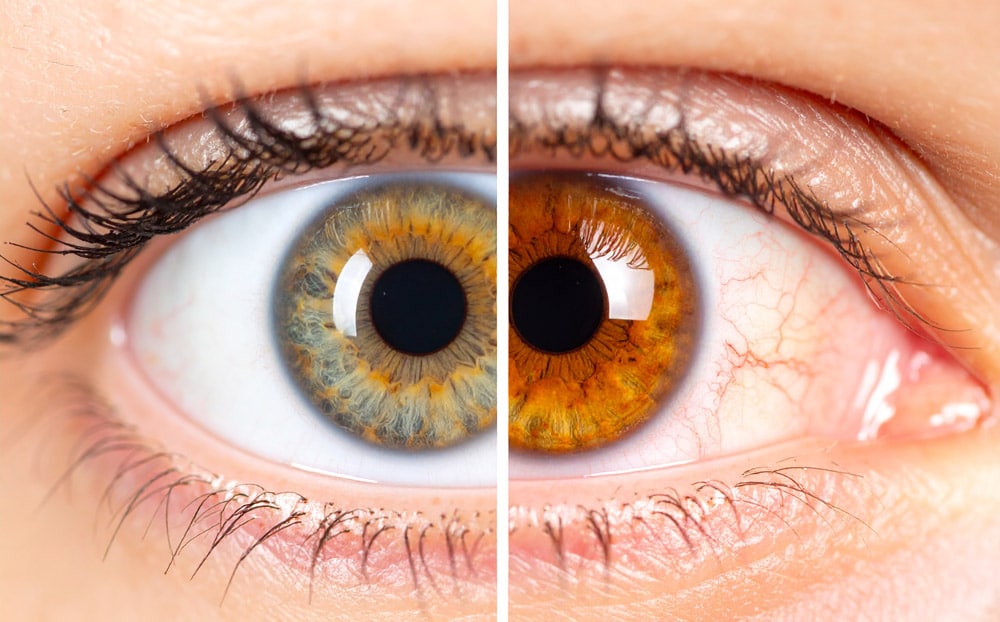
Learning how smoking affects your eyesight can provide powerful motivation to quit for good. Tobacco smoke carries hundreds of toxins that enter your bloodstream and reach the delicate tissues of your eyes, raising your risk of sight-threatening conditions. In this guide, we’ll explain the mechanisms, outline the long-term effects, share quitting tips, and show you how to safeguard your eye health.
Understanding How Smoking Affects Your Vision
When you inhale tobacco smoke, toxic chemicals travel through your blood to every part of your body, including your eyes. The thin, vascularized tissues of the cornea, conjunctiva, and retina absorb these pollutants, triggering inflammation and oxidative stress. By exploring how smoking affects your vision, you’ll understand why smokers face higher rates of cataracts and macular degeneration.
Key Toxic Chemicals in Tobacco Smoke
Cigarette smoke contains over 7,000 chemicals, many of which damage ocular tissues:
-
Formaldehyde and acetone irritate the corneal surface.
-
Carbon monoxide reduces oxygen delivery to the retina.
-
Arsenic and cadmium increase oxidative stress in lens proteins.
These toxins illustrate how smoking affects your vision at a cellular level, accelerating tissue breakdown and clouding of the lens
Long-Term Eye Health Risks
Chronic smoking dramatically raises your odds of:
-
Age-Related Macular Degeneration (AMD): Smokers are up to twice as likely to develop AMD, and they do so earlier than non-smokers.
-
Cataracts: Smoking doubles your risk of lens clouding by age 80.
-
Dry Eye Syndrome: Tear-film instability and inflammation lead to gritty, burning sensations.
-
Glaucoma & Diabetic Retinopathy: Smoking worsens optic-nerve damage and retinal blood-vessel injury.
These findings reinforce how smoking affects your vision over time, often with irreversible consequences.

Tips to Quit and Protect Your Vision
Understanding how smoking affects your vision highlights why quitting is so urgent. Try these strategies:
-
Set a quit date and build support: Join a program and use the CDC’s free resources to help quit smoking.
-
Use FDA-approved aids: Nicotine replacement or medications under a doctor’s guidance.
-
Plan distractions: Chew sugar-free gum, snack on veggies, or call a friend when cravings hit.
-
Track progress: Celebrate smoke-free milestones to stay motivated.
Every day without tobacco reduces ocular inflammation and improves blood flow to your eyes.
Protecting Your Eyes: Prevention Strategies
Even if you’ve smoked for years, adopting healthy habits can mitigate how smoking affects your vision both immediately and long-term:
-
Schedule annual comprehensive eye exams to catch early changes
-
Wear UV-blocking sunglasses outdoors—smoking compounds UV damage.
-
Stay hydrated and use preservative-free artificial tears to soothe dry eyes.
-
Eat a nutrient-rich diet high in antioxidants (leafy greens, berries) to support lens and retinal health.
Conclusion: Take Control of Your Eye Health
By grasping how smoking affects your vision, you empower yourself to quit and protect your sight. Your eyes can begin to heal within days of quitting, with ongoing benefits for years.
Please reach out to us to learn more about how smoking affects your vision and schedule your comprehensive eye exam at Barnet Dulaney Perkins today.

